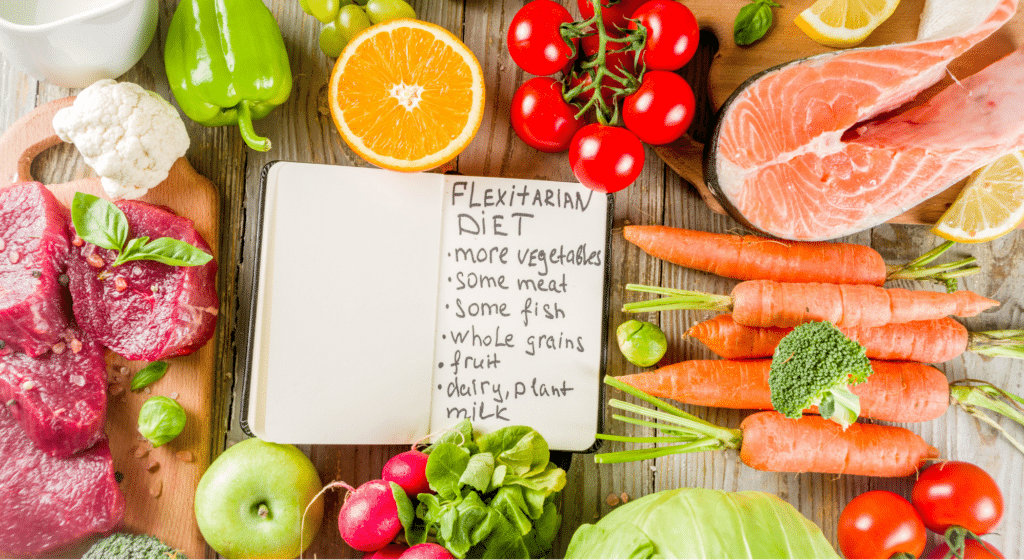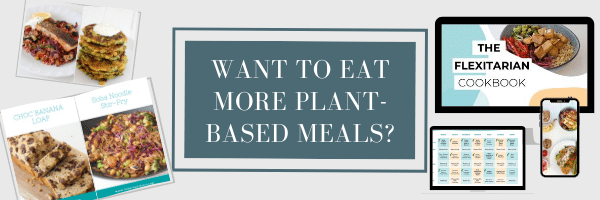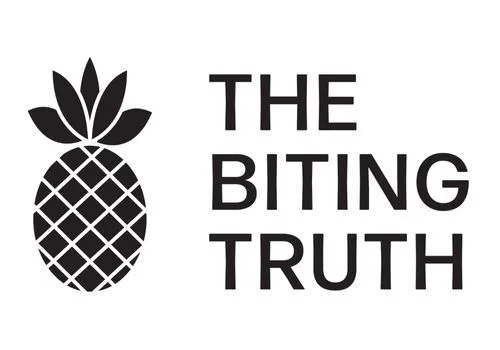
Amidst the current global health pandemic, life as we know it has changed. Our routines have changed, perhaps some for the better. But for many of us, weight gain has been almost inevitable. As restrictions start to ease and life outside of lockdown is becoming more of a reality, you might be wondering what’s the best way to lose those extra kgs you have acquired over the last couple of months.
Google “weight loss” and your screen will be flooded with diets (keto, paleo, alkaline etc), weight loss programs and fat blasting supplements. Sure, you can jump on the bandwagon of these ‘magical’ weight loss solutions (like millions of others) and sure, you may see results… until you fall off the wagon. The truth is, in the short term, these diets may work (for as long as you stick to them). However, in the long term they do not. The research has proven this time and again, restrictive diets are not sustainable and not a healthy option.
So what diet should you follow?
…Introducing The Flexitarian Diet.
As the name suggests, a flexitarian is a flexible vegetarian. This diet is ranked as one of the best diets by the U.S. News & World Report. And for good reason. The diet focuses on plant-based foods but doesn’t eliminate meat – you eat fruit and veg, wholegrains, legumes, nuts, seeds, dairy and lesser amounts of meat and/or fish. There are no set or clear-cut rules or recommended number of calories and macronutrients, in fact it is more of a lifestyle than diet.
Contrary to what you might be thinking, the Flexitarian Diet is not about eating only leafy green vegetables. Of course we encourage you to get loads of vegetables, but this is only part of the diet. It is about consuming a whole-food, predominately plant-based diet, that is full of variety, flavour ad nutritional goodness. Following a Flexitarian Diet allows you to reap the health and weight loss benefits of vegetarianism, without having to eliminate meat. The focus on consuming more plant-based foods helps you to achieve weight loss because by filling up on fibre rich plant foods you’ll feel more satisfied on fewer calories. The research has proven that semi vegetarians tend to have lower BMIs than non-vegetarians.
The flexible nature of this diet makes it much more sustainable in the long term. Restricting or eliminating certain foods from your diet is not the answer when it comes to weight loss. Making foods “off limits” or forbidden can result in feelings of deprivation, which is a major trigger for subsequent bingeing and overeating. Of course if you want to lose weight, you will need to watch portion size and snack/treat foods, however, generally speaking, eating more plant-based foods will also help you achieve your weight goals. A Flexitarian Diet doesn’t force you to cut out any foods entirely rather it focuses on increasing whole plant foods in your diet and reducing your intake of meat. This also means you should aim to reduce intake of overly processed junk foods (even if they are plant-based).
Like forming any new habit, transitioning to a Flexitarian Diet and changing your lifestyle requires gradual changes to be sustainable. The Biting Truth’s Flexitarian Guide has been designed to provide you with all the tools and resources you need to support you to transition over to this lifestyle. We’ve got sample meal plans for you and a cookbook with over 50 delicious flexitarian recipes to keep you inspired along the way!
–
For more information check out our Flexitarian Cookbook & Eating Guide, here.

